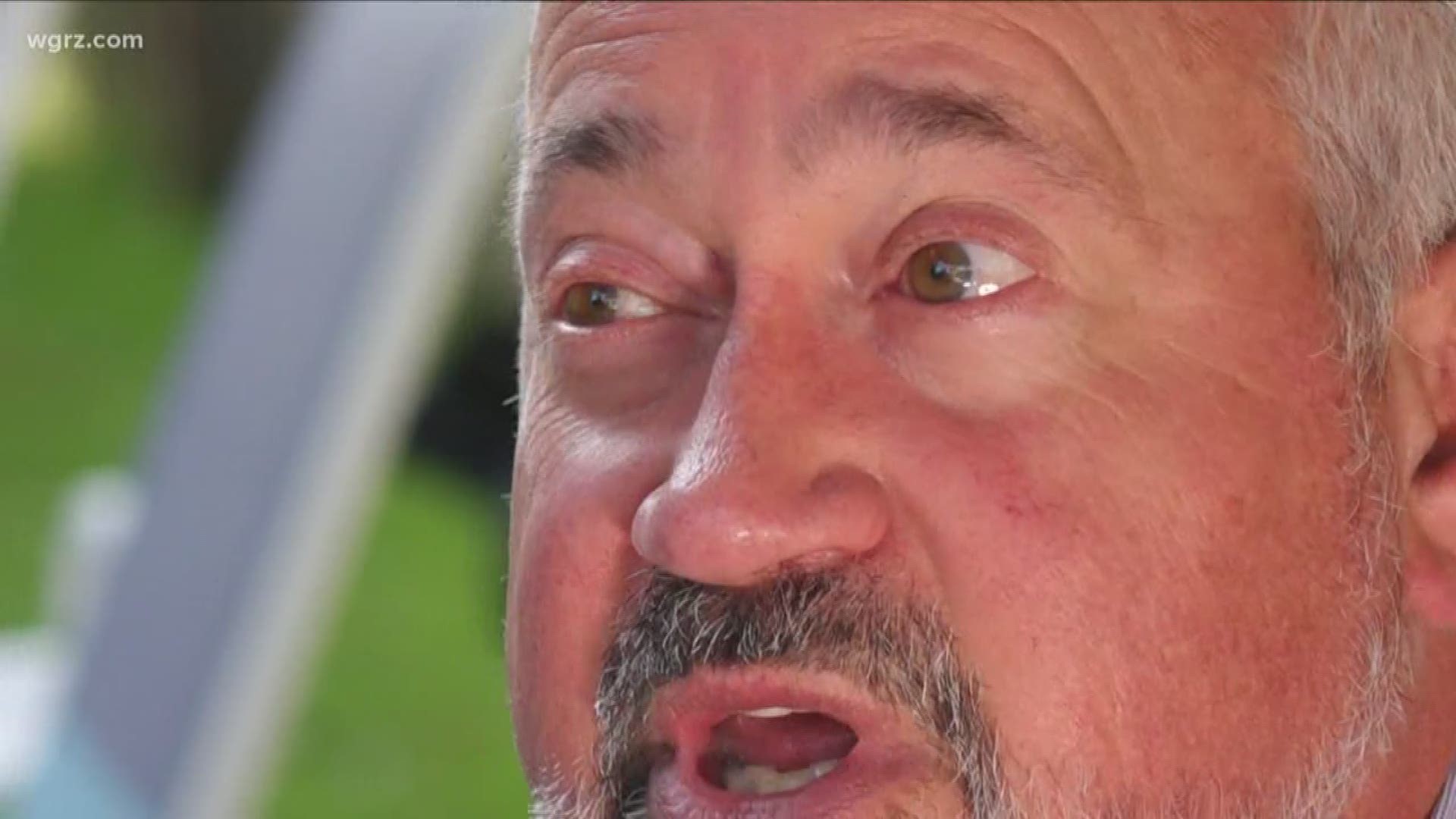KENMORE, N.Y. — You always hear stories about people in need of kidney donations, but some troubling new research says the United States throws out more than 3,000 kidneys a year, many of which could be used to save lives.
"In my personal situation, my wait for a kidney in New York State would have been seven to ten years," says Thomas Jasinski.
Thankfully, one of Jasinski's relatives stepped-up to become a living donor.
"I could have been just a picture for my grandchildren for the rest of their lives instead of being able to be active in their lives, so part of the gift given to me above and beyond the transplant itself is me being able to be actively involved with my wife, and my family, and my grandchildren, and my friends that stepped up for me when I really needed it," he says.
Five years ago, Jasinski started ONE8FIFTY, a non-profit dedicated to raising awareness about the need for organ and tissue donation. New York has one of the lowest donor rates in the U.S.
"ONE8FIFTY means one donor can provide up to eight life-saving organs for transplant and impact at least fifty other people as far as tissue donation," says Jasinski.
Jasinski is a double transplant recipient, he also received a pancreas, so when he heard about a study published this week by the Journal of the American Medical Association Internal Medicine that revealed the U.S. throws out almost 18 percent of the kidneys donated, he was upset.
"Having lived what I've lived, and dealing with people who are currently waiting, it's painful," he said. "It's painful that there isn't different consideration."
About 3,500 donated kidneys are being thrown away in our country every year.
The study also found the U.S. will more likely discard kidneys if the person had high blood pressure or diabetes, but in France, where a higher percentage of donated kidneys are used, an earlier study found the kidney survivability rates are higher.
"Having traveled that journey waiting 23 months for a transplant, I can say something akin to this, obviously far more dramatic, but if you were stranded out in the middle of the desert somewhere and you had a flat tire, and you looked around, and you saw a tire that was bald that you could put on your car to get you to where ever you needed to go, you'd absolutely do it," says Jasinski.
There are plenty of ways you can help. Jasinski welcomes you to contact him with any questions about becoming a living donor.
RELATED: Baby Summer's Transplant Delayed

